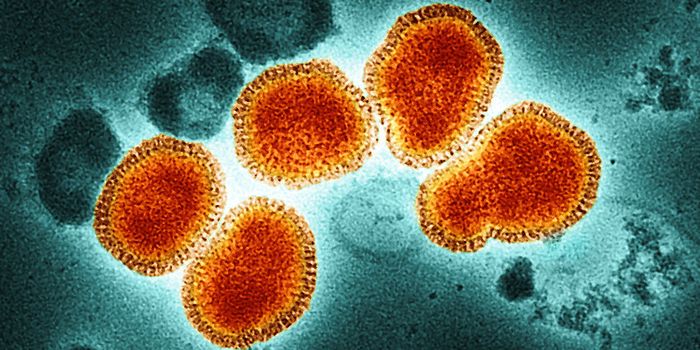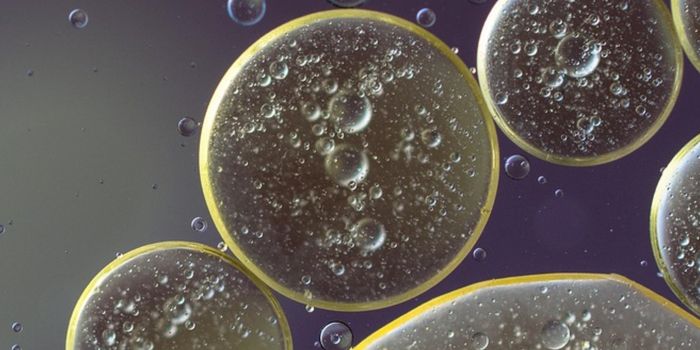A Component of Mucus Can Stop Salmonella Infections
Mucus isn’t just some junk for tissues, it serves important biological purposes. It is an important line of defense, and helps protect various parts of the body including the nose, eyes, and gut from infection. But mucus is not only a physical barrier. It also contains many important molecules known as mucins, which can reduce the virulence of microbial pathogens. A new study published in Cell Reports has shown that certain mucins help prevent infections from bacteria that cause diarrhea, including Salmonella. This research could help scientists develop molecules that can mimic these mucins, and might become a way to prevent or treat infections that cause diarrhea.
In this study, the researchers used a mouse model of foodborne infection, in which Salmonella infects the gut. During this infection, Salmonella generates type 3 secretion system (T3SS) proteins that move other bacterial molecules into host cells. These T3SS proteins are encoded on a part of bacterial DNA known as the Salmonella pathogenicity island 1 (SPI-1). But when Salmonella was exposed to a mucin known as MUC2, the production of SPI-1 was halted and infection stopped.
Additional work showed that MUC2 can disable a bacterial protein, leading to the inactivation of crucial SPI-1 genes that promote infection.
The researchers also found another mucin called MUC5AC that can act in a similar way to disable virulence genes in other pathogens.
"By using and reformatting this motif from the natural innate immune system, we hope to develop strategies to prevent diarrhea before it even starts. This approach could provide a low-cost solution to a major global health challenge that costs billions annually in lost productivity, health care expenses, and human suffering," noted senior study author Katharina Ribbeck, a Professor of Biological Engineering at the Massachusetts Institute of Technology (MIT).
Previous work by Ribbeck and colleagues found other mucins that help prevent infections from other bacterial pathogens like Vibrio cholerae, Pseudomonas aeruginosa, and the pathogenic fungus Candida albicans.
It may be possible to develop synthetic mucins that can help the body prevent or fight infections. Since animal studies have indicated that Salmonella infections tend to arise in parts of the intestine with little or no mucus, another strategy might involve boosting the mucus layer, the researchers suggested.
Another potential application of synthetic mucins are as a preventive measure for travelers who may be exposed to novel microbes that could lead to diarrhea or intestinal discomfort.
Oral rehydration salts could also work as a delivery system for synthetic mucins; this approach could treat dehydration as well, which often arises during gastrointestinal illnesses.
Sources: Massachusetts Institute of Technology (MIT), Cell Reports









